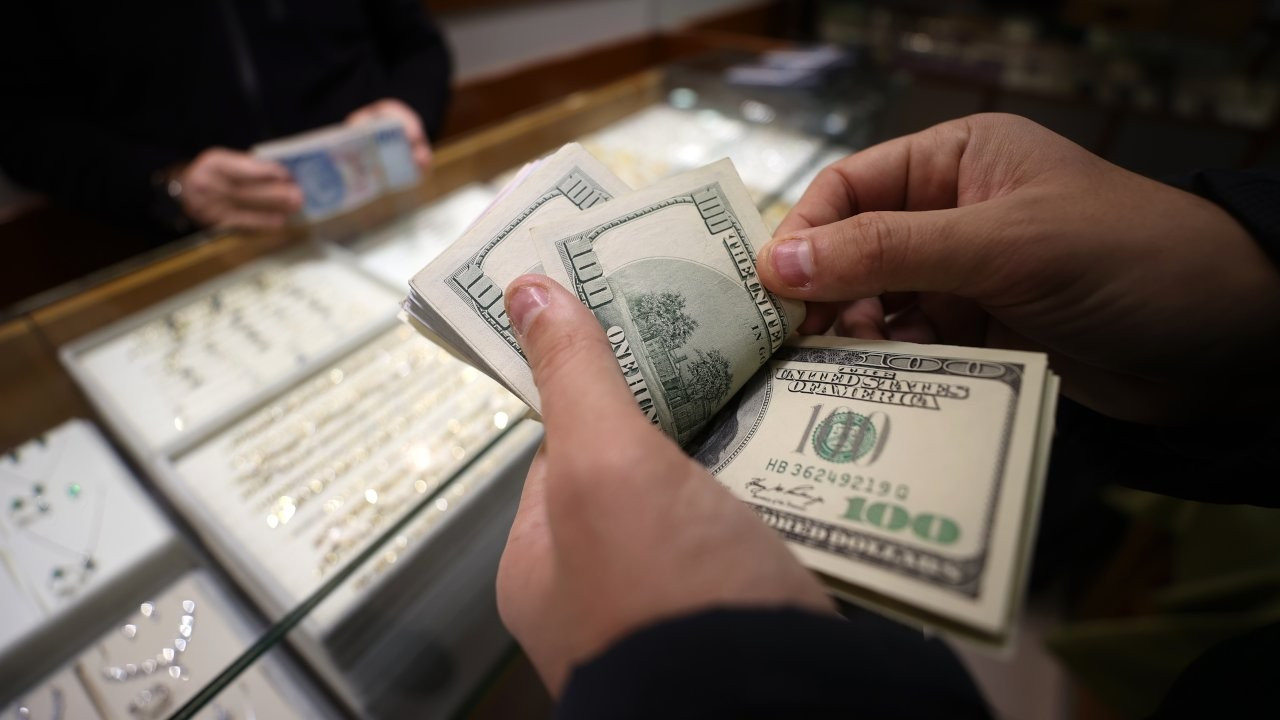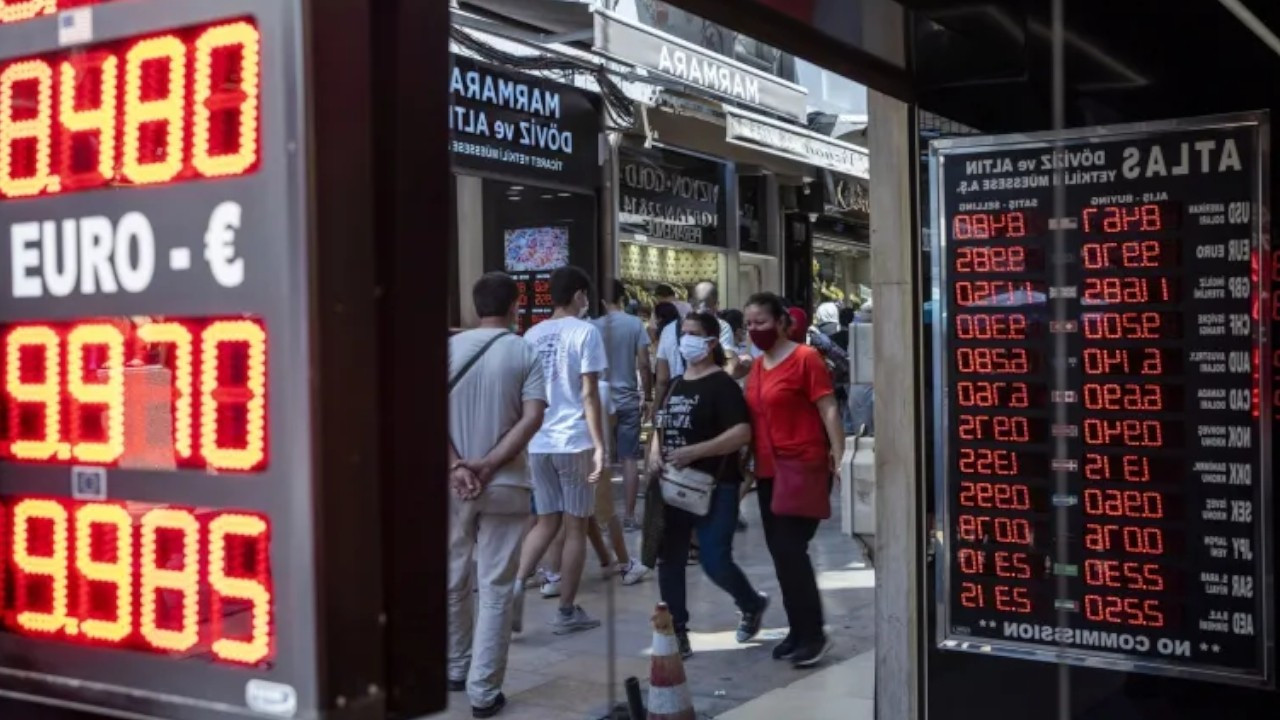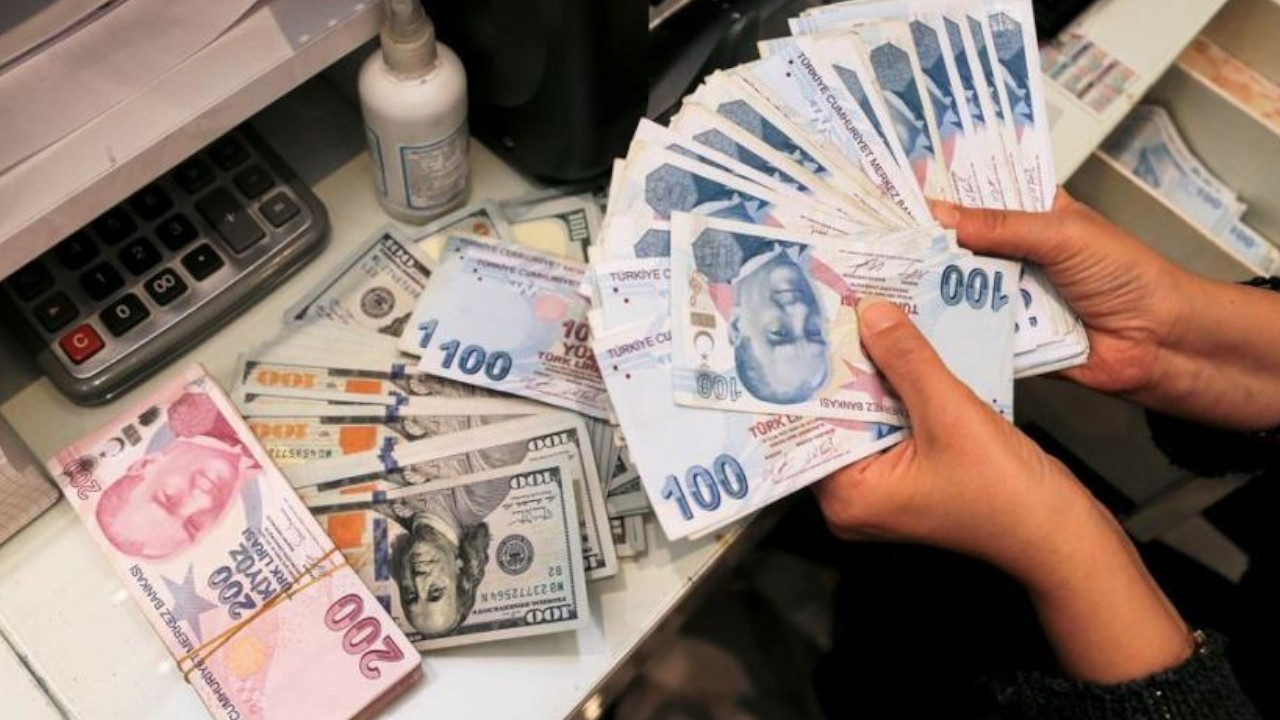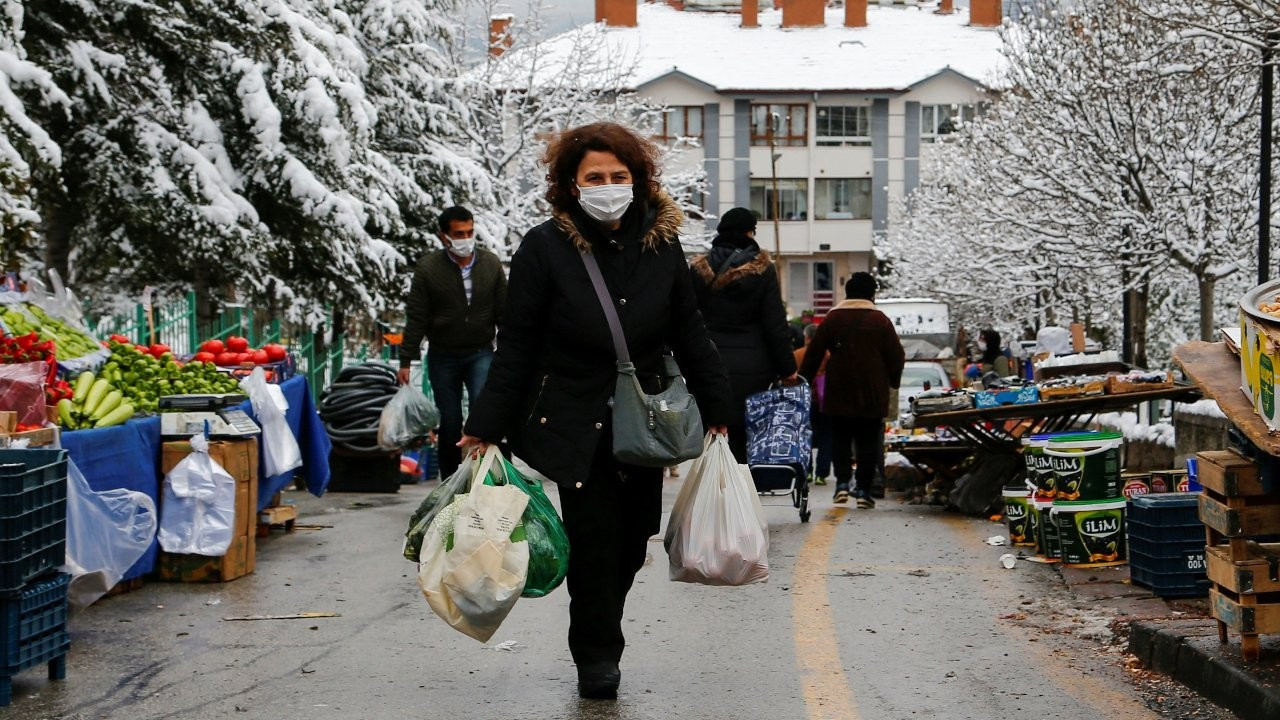Turkish Finance Minister avoids question on economic data with weird response: Look into my eyes
Turkish Finance Minister Nureddin Nebati has avoided a question on economic data with a response that surprised viewers. "Can you look into my eyes? What do you see?" Nebati asked. "The economy is the glimmer in the eyes," he said.
Duvar English
Turkish Treasury and Finance Minister Nureddin Nebati has surprised audiences when he responded to a question on economic data by asking the host of a show to look into his eyes.
Nebati on Dec. 21 was explaining a plan announced by President Recep Tayyip Erdoğan to protect lira deposits from further depreciation when the host, Gülçin Üstün Can, asked him to share numbers.
"Let me not give the numbers now," Nebati said, before asking the question.
"Can you look into my eyes? What do you see?" the minister asked.
Seemingly surprised by the question, the host said, "I see the happiness there."
"But I would like to hear the numbers. The economy is about numbers," she said.
Nebati then went on to explain what economy means.
"The economy is about numbers. It's about wishes, trust, stability and expectations," he said.
"The economy is the glimmer in the eyes," Nebati added.
His remarks were ridiculed on social media, with users questioning the minister's capability in managing the economy.
Erdoğan introduced a series of measures on Dec. 20 that would shift the burden of a weakened currency to the Treasury and encourage Turks to hold lira rather than dollars.
Analysts and bankers warned that if the nascent lira rally reverses and forces the government to cover depositors' losses, it could further stoke inflation and weigh heavily on the deficit.
Wall Street bank JPMorgan estimated that any extra 12% lira depreciation over the deposit interest rate could increase the budget deficit by around 1% of GDP over a six month horizon.
Stepping in the share the burden, the central bank said on Dec. 21 it will support the conversion of foreign currency deposit accounts into lira to further encourage reverse dollarization.

 Turkish lira holds gains from volatile rally after government backstopEconomy
Turkish lira holds gains from volatile rally after government backstopEconomy Turkey's Central Bank to support FX deposit conversion to lira depositsEconomy
Turkey's Central Bank to support FX deposit conversion to lira depositsEconomy Turkey's opposition criticizes Erdoğan's new measures to halt dollarizationEconomy
Turkey's opposition criticizes Erdoğan's new measures to halt dollarizationEconomy As inflation soars, Turkish newlyweds stock up on food and dream of travelEconomy
As inflation soars, Turkish newlyweds stock up on food and dream of travelEconomy